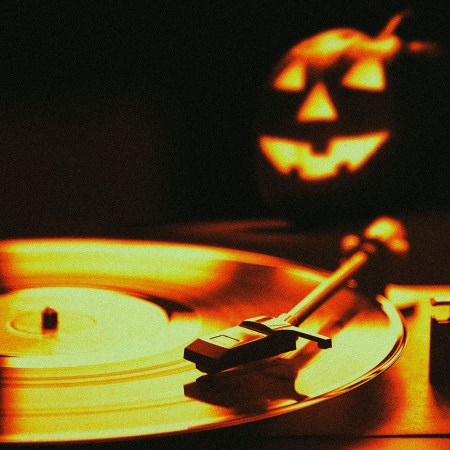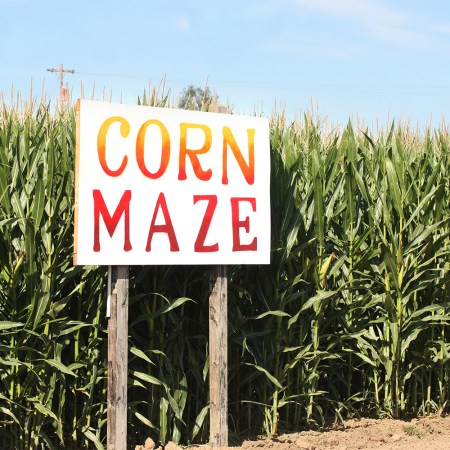Let your kids eat candy this Halloween. Let them fill up pillowcases and plastic pumpkins with the good stuff: Kit Kats, Jolly Ranchers, Reese’s Peanut Butter Cups, Sour Patch Kids. And set a good example by making sure your house is doling out classics to the neighborhood, too.
There’s been a trend in recent years towards “healthier Halloween treats.” Some parents bake items at home — like pumpkin muffins, frozen yogurt bark and whatever these goddamn “Green Apple Monsters” are — in order to fill up the stomachs of their little trick-or-treaters before hitting the town. That way, the diabolical thinking goes, they’ll be less inclined to hunt for and consume candy.
Other parents have sworn off the usual name-brand stuff, in favor of Trader Joe’s gummies with monk fruit sweeteners. Then there are those who’ve dubbed trick-or-treating too great a risk, for fear of food allergies and, presumably, gluten.
Look — marching onto people’s property and demanding sweets is definitely an odd tradition. Kids with nut issues should absolutely avoid Butterfingers. And almost all candy is processed crap that offers zero nutritional benefits for the body. But this crusade to “clean up” holiday eating is missing the point entirely.
Longevity research tells us that the world’s longest-living communities know how to celebrate. When the time is right, they’ll indulge in sugary confections together. No one needs to feel bad about it. No foods are labelled as off-limits, or deserving of guilt. There’s just an understanding that on special occasions, it’s okay to let your hair down and eat something frosted. Or, in this case — 20 pink Starbursts.
Free Halloween. Free Thanksgiving, free holiday season and free birthdays, too. Banning kids from enjoying the full, sugary might of these events will not put them on the fast track to a healthier adulthood. On the contrary, it runs the risk of shrouding certain foods in shame. This can lead to weight fluctuations, as they cycle through clandestinely eating whatever they’ve been deprived, then trying DIY (and often dangerous methods) to immediately lose pounds again.
Remember, also, that children don’t live in the same sensory world that you do. As The New York Times pointed out in a recent piece: “A child’s preference for sweet foods can be 20 times as great as an adult’s sweet tooth.” Children crave sweets in ways that we’ve long forgotten. That’s why being told to put back Double Stuf Oreos at the grocery store crushes them. Some studies have suggested that eating sugar literally eases pain in kids.
The best way forward, as always, is understanding and moderation. There probably shouldn’t be an ever-plentiful candy drawer at the house. But that candy bowl should be stocked as all hell on Hallow’s Eve. Consider this, too: kids were deprived of a proper Halloween last year due to the pandemic. They’ve earned a normal holiday this year. It’s those silly little traditions from childhood, the times that we feel like we’re getting away with something, that we carry with us. Like staying up late, or having a snow day. (Another potential casualty of the pandemic.)
This weekend, let the treats flow. Don’t you worry. They’re still going to get into law school one day if they miss a day of school with a candy hangover. In the long-run, the healthiest Halloween is its lovely, unhealthy self.
Thanks for reading InsideHook. Sign up for our daily newsletter and be in the know.


















